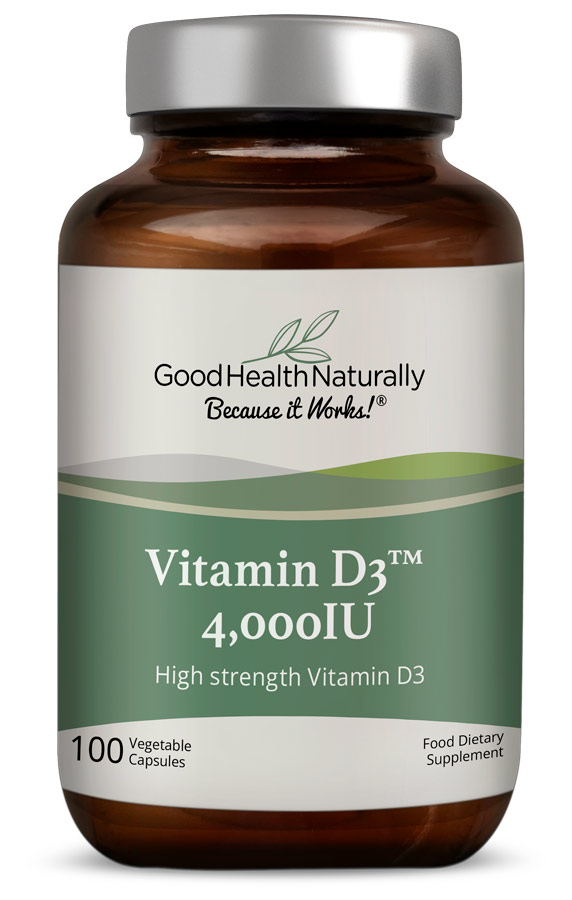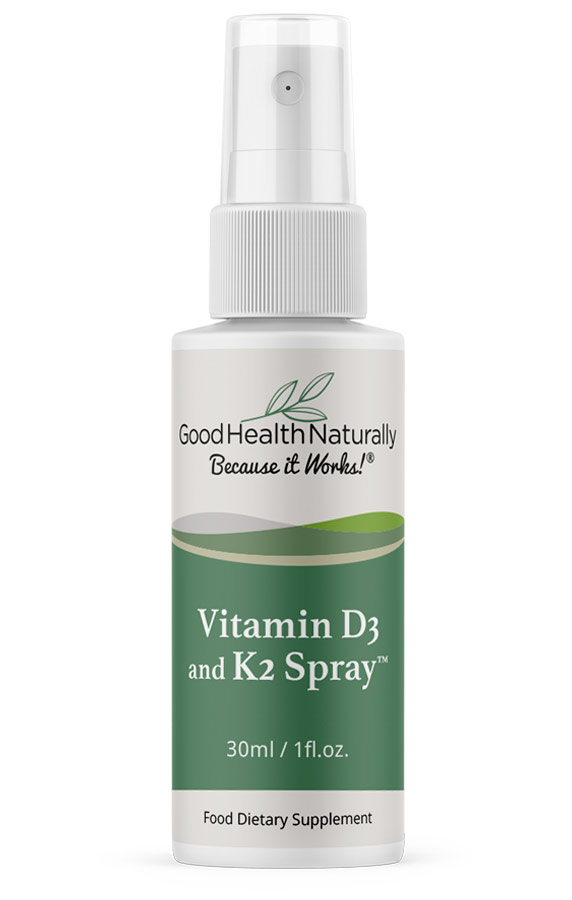As the weather warms up, many of us are eager to enjoy the sunshine and fire up the grill as BBQ season kicks off.
As I was planning a family BBQ this weekend myself, I spent a great deal of time preparing the food and catering to all the different dietary requirements. I’ve always been a big reader of food labels and try to make everything from scratch where possible, but I decided to see what was on offer for vegetarian pre-prepared foods.
What struck me was the list of ingredients in the plant-based burgers and sausages, many of which sounded like they had come straight out of a laboratory.
This prompted me in this week’s newsletter to tackle this timely and controversial topic making waves in the nutritional health world: the rise of plant-based meat products. Are they a healthy alternative to traditional meat or just another processed food problem?
Plant-based meats, like those from Beyond Meat and Impossible Foods, have gained popularity for their ability to mimic the taste, texture, and nutritional profile of animal meat using plant-derived ingredients. While they appear to address health, sustainability, and animal welfare concerns, they also face scrutiny due to their highly processed nature. These products undergo significant processing steps and often include additives to replicate the sensory experience of meat, raising questions about their overall healthiness. The trend towards plant-based and other meat alternatives reflects a broader shift towards ultra-processed foods in diets worldwide. These foods, characterised by extensive industrial processing, typically contain added sugars, unhealthy fats, and artificial additives. Regular consumption of ultra-processed foods has been linked to various health issues, including obesity, cardiovascular disease, and metabolic disorders. Choosing minimally processed or homemade alternatives can help mitigate these risks while supporting overall health and wellness.
Furthermore, plant-based meats commonly use protein sources such as pea protein, soy protein, and wheat gluten, which are extracted and isolated through various chemical and mechanical processes. It’s important to note that these proteins can also be common allergens or sensitivities for some individuals. Other ingredients like binders, texturisers, flavourings, colourants, and fats (such as coconut and canola oil) are added to enhance taste, texture, and appearance. However, these fats, exceptionally high in omega-6 fatty acids, can contribute to inflammation when consumed excessively. As BBQ season arrives, making informed choices becomes essential. We’re not advocating for greater meat consumption but for being mindful of the ingredients in the plant-based options. Read labels carefully and be aware of unhealthy ingredients. Even better, opt for unprocessed homemade alternatives like bean burgers, vegetable skewers, and tofu steaks. You can customise these options to include a variety of nutrient-dense ingredients like beans, lentils, whole grains, and fresh vegetables. They offer dietary fibre and essential vitamins and minerals without the additives found in commercial plant-based meats. For those looking to reduce meat consumption while prioritising whole foods, homemade plant-based alternatives can be a nutritious and satisfying choice for summer BBQs.
Plant-based products can offer an option for those looking to reduce meat consumption for health, ethical, or environmental reasons. However, don’t always presume that plant-based processed foods offer a ‘healthy’ choice. I was surprised at just how much went into replicating a beef burger with plant-based ingredients! Read the labels and if they contain any ingredients you can’t find in your home kitchen, then they are ultra-processed and ask yourself if that is something you personally want to consume!
And don’t forget, as we discussed last week, although you may see more sunshine this time of year (if you are lucky!), it may not be enough to support all your vitamin D requirements. You can recap on last week’s newsletter here: https://naturallyhealthynews.info/week-26-2024-the-controversy-over-natural-immunity Vitamin D3 4000IU
Vitamin D3 and K2 Spray™
The Rise of Plant-Based Meats
The Processed Nature of Plant-Based Foods
Making Informed Choices for BBQ Season
Conclusion
Recommended products:






